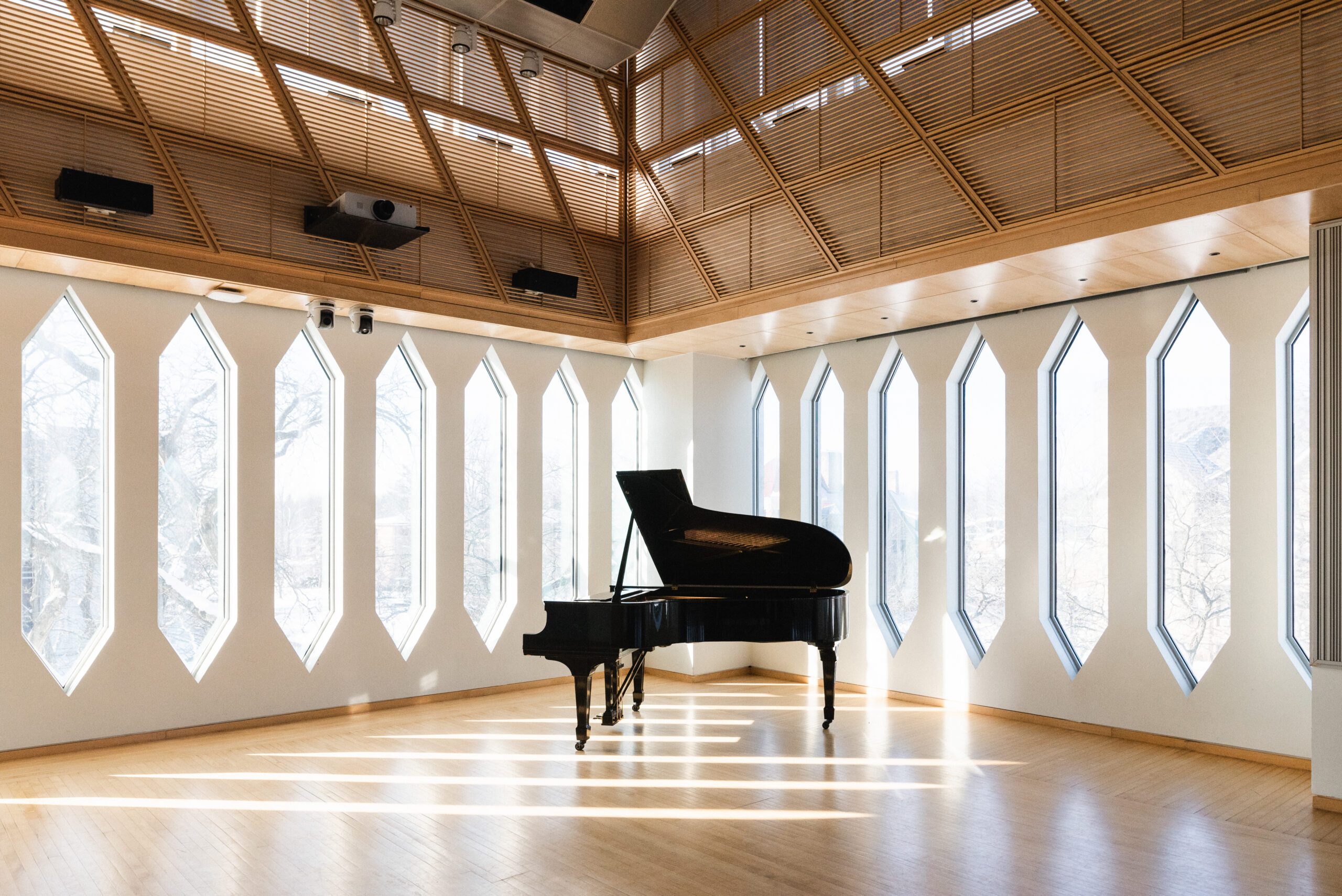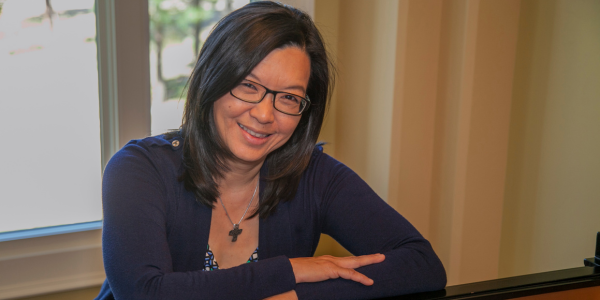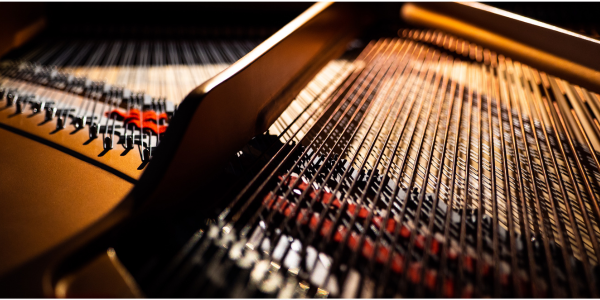NEW! Piano Inspires Podcast:
Tune in to listen to our inaugural interview series on the transformative power of music.
- Episode 8: Chee-Hwa Tan, Composer, Pianist, and Teacher with Alejandro Cremaschi

- Episode 7: Susanna Garcia Discusses DEIB with Luis Sanchez

- Episode 6: Connor Chee, Navajo Pianist and Composer

NEW! Piano Inspires Discovery:
A space dedicated to inspiring the love of piano and music making through educational and inspirational content.
- Piano Inspires Podcast: Chee-Hwa Tan

- 2024 Collegiate Connections

- 5 Reasons to Enroll in a Summer Seminar

2024 Summer Intensive Seminars:

An International Exploration of Piano Teaching Literature
with Leah Claiborne and Luis Sanchez, Seminar Co-Leaders
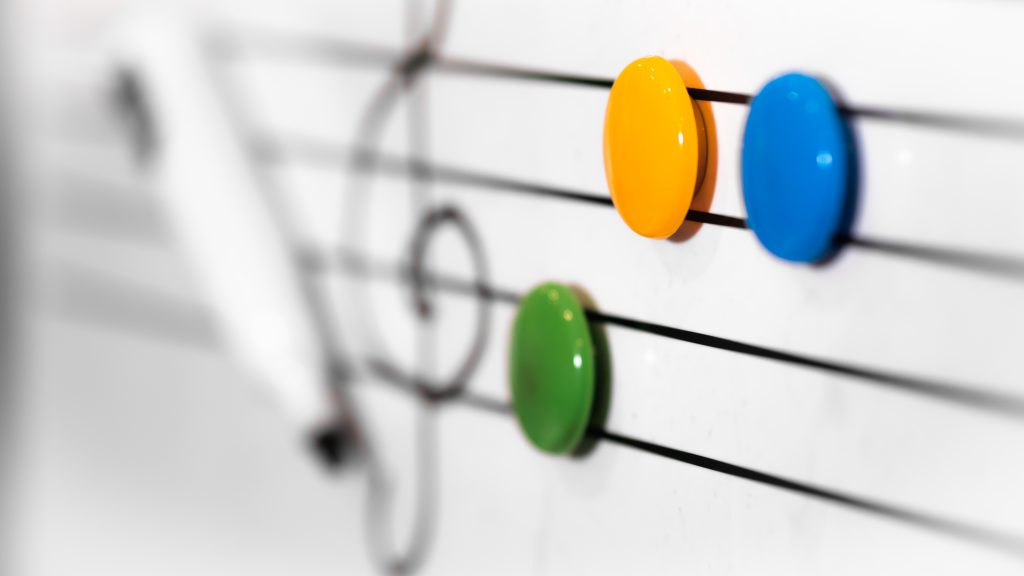
Teaching Elementary Pianists
with Sara Ernst, Seminar Leader
Upcoming Events:
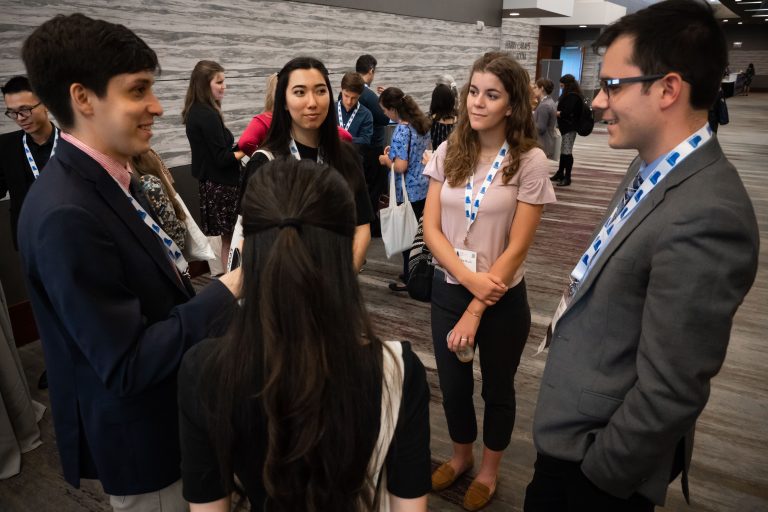

2024 Summer Intensive Seminars: An International Exploration of Piano Teaching Literature
with Leah Claiborne and Luis Sanchez, Seminar Co-Leaders
Mon Jul 8th
10:00am
Upcoming Webinars:

Foundations for Technique
with Julie Hague and Alejandro Cremaschi, host (04/17/2024)
Wed Apr 17th
11:00am

Pedagogical Approaches to Advancing Pianists Through Asian Repertoire
with Ross Salvosa, Regina Tanujaya, and Lisa Yui, with Leah Claiborne, host (05/01/2024)
Wed May 1st
11:00am

